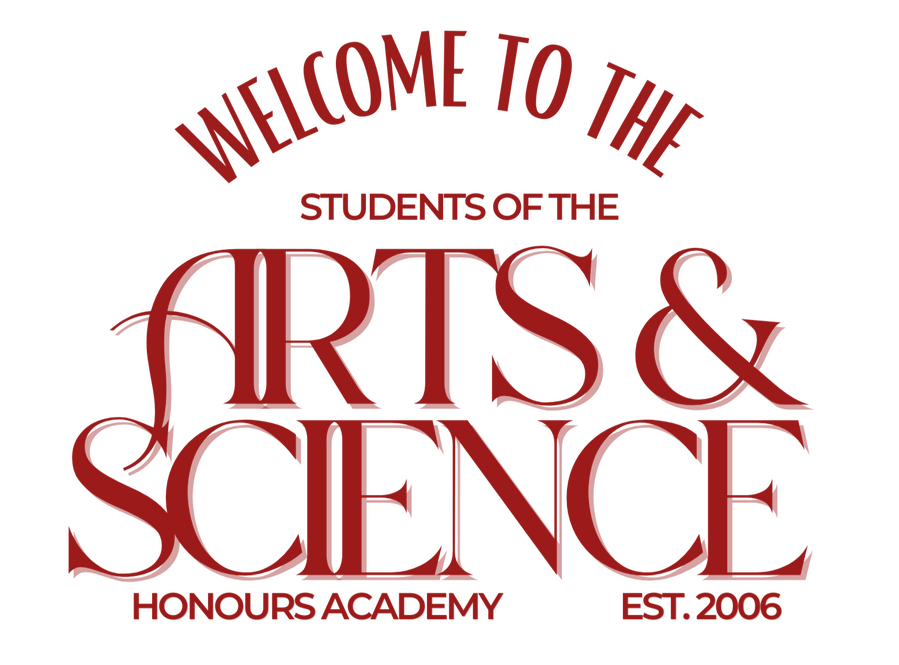
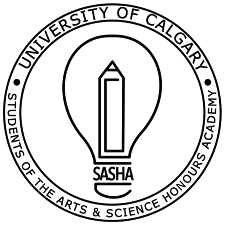
This website is a project created by the Students of the Arts Science Honours Academy (SASHA).
The Arts and Science Honours Academy (ASHA) and SASHA have no clear-cut definition which can make it confusing for students considering applying. This website aims to show how ASHA and SASHA have unique definitions that vary between current students, alumni, and professors. It truly is what you make of it!SASHA is the official student-led body for members of the ASHA at the University of Calgary. By being a member of ASHA, students are automatically members of the SASHA club.Since its establishment in 2006, the club's goal has been to enhance ASHA's interdisciplinary culture through events that strengthen the community, provide academic enrichment, and offer networking opportunities. The executive council works throughout the academic year to create opportunities for students across all cohorts of ASHA to connect and continue meaningful conversations outside the classroom.
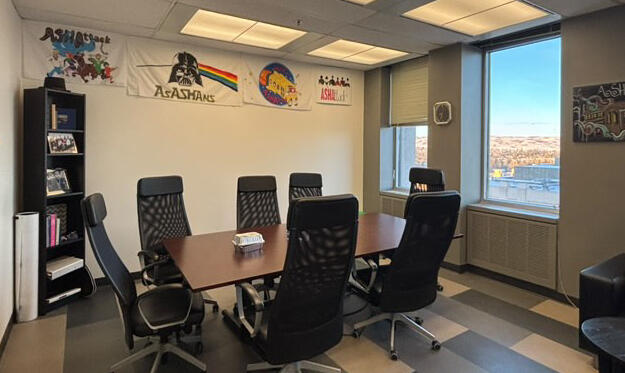
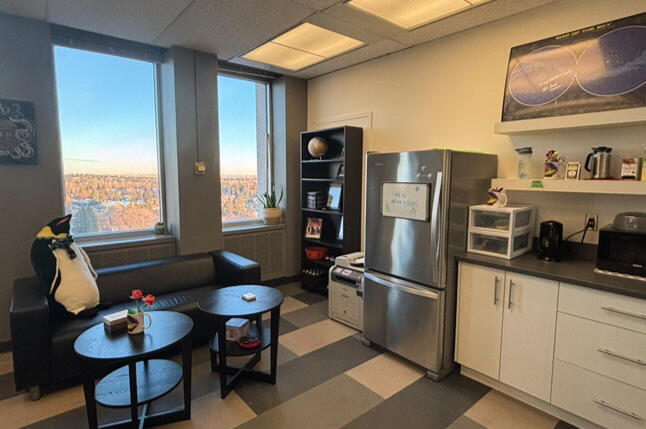
The SASHA lounge located in the Social Sciences building (SS 816) is home to Orville, the club's penguin mascot!
SASHA aims to:
1. Support the community of ASHA students by creating resources (like this website!) and advertising other opportunities such as SASHA's mentorship program and regular events.
2. Provide opportunities for students to share their ideas and opinions, and pursue intellectual growth and social fulfilment.
Closer look: SASHA's Mentorship Program!
SASHA offers a year-round mentorship program where first-, second-, and third-year students (mentees) are connected with an upper-year ASHA student (mentors).Partnerships are created by SASHA's executive team members and are based on shared interests and goals. This way, mentors can offer advice beyond the scope of ASHA to the university more generally.
Some topics mentors can share their experience and advice on are:
• Student life
and networking
• Volunteering and research opportunities
• ELA: Off-Campus Experiential Learning Activity
• Capstone project: Honours or Independent Research Project
If you would like to be part of the program, contact us!
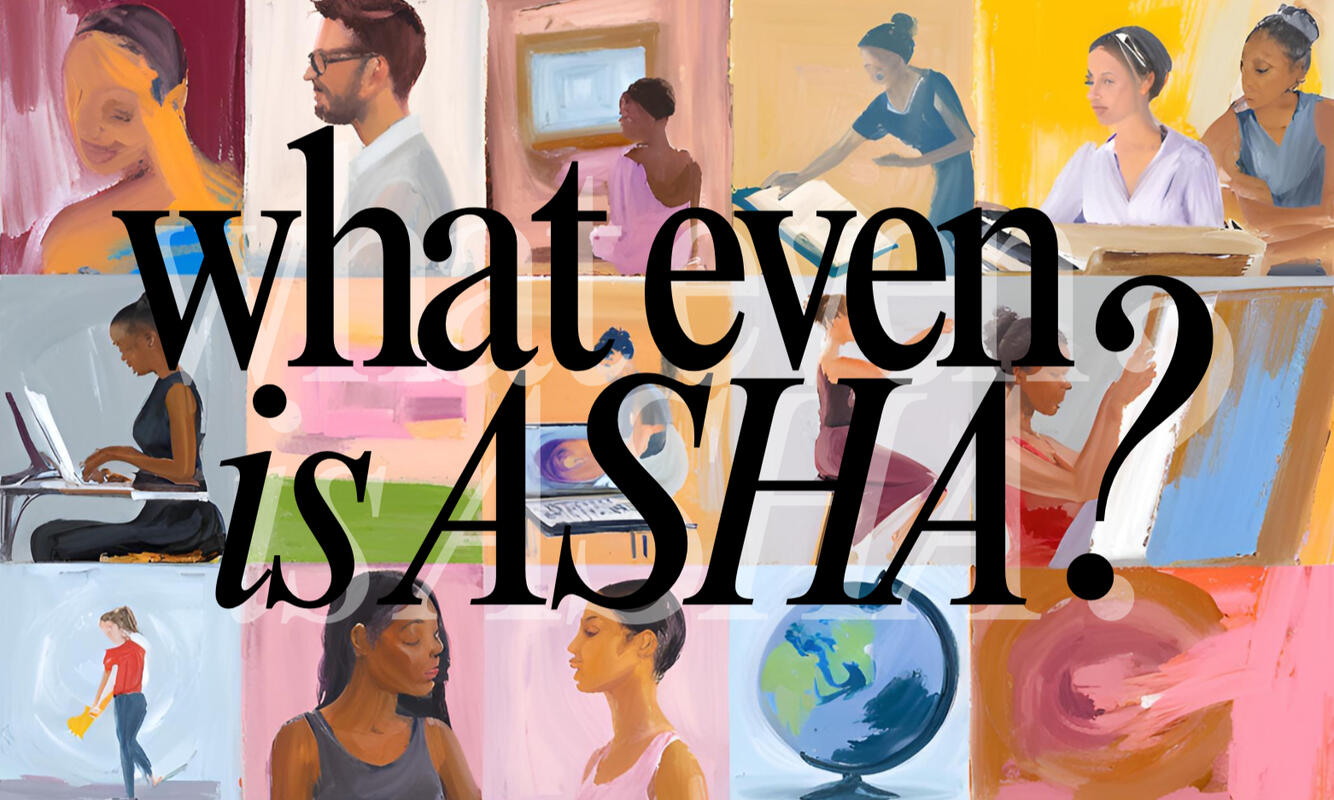
What is ASHA, exactly?
In your first and second years of university, you will complete four ASHA classes (one each semester). Your fifth and final ASHA class is typically taken in the final year of your final semester of university.In your ASHA classes, you will receive instruction from several professors who specialize in different topics across the arts and sciences and collaborate with students in a discussion-based class.ASHA intends to create a setting conducive for creative minds to understand the complex issues of today's world, consider their interdisciplinary scope, and discuss potential solutions. By sharing insights from a wide range of disciplines, ideas inspire and build upon each other.


ASHA students will develop critical thinking skills and engage in thought-provoking discussions in a unique, tight-knit community. Through SASHA's resources you will have the ability to: connect with alumni, professors, and peers from across different cohorts; participate in events; study and relax in the ASHA lounge; join the mentorship program; and join the executive council to learn the ins-and-outs of operating a SU-registered club. A key aspect of ASHA is the Experiential Learning Activity (ELA) which is an opportunity to learn outside of a traditional classroom. An additional bonus is that ASHA fulfills Arts majors' science courses requirements.